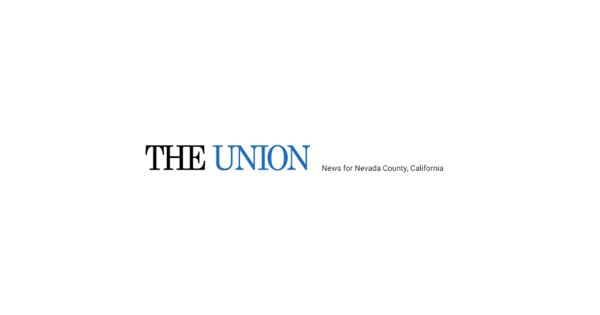Understanding the Interplay of AI, Misinformation, and Trust in the Digital Age
Author: Gary Baker

In today's interconnected world, the digital landscape has revolutionized how we access information, engage with entertainment, and communicate with one another. However, beneath the surface of this digital utopia lies a quiet crisis — one that subtly undermines the trust that is foundational to our online interactions. This crisis, marked by the rise of artificial intelligence (AI) and rampant misinformation, threatens to erode the integrity of information and ultimately affect the way we interact on a global scale.
At the forefront of this issue is the contribution of AI, which, while offering remarkable advancements in efficiency and data processing, has also paved the way for the proliferation of misinformation. AI tools can generate realistic content at an astounding rate, blurring the lines between authentic information and fabricated narratives. As a result, individuals often find themselves sifting through a sea of conflicting messages, unsure of what to trust. This dissonance has dire implications for sectors reliant on factual data, including journalism, education, and public safety.

Artificial Intelligence: Transformative yet Disruptive in Information Dissemination.
Misinformation exacerbated by AI not only contributes to confusion but also capitalizes on existing biases and fears. Historical precedents showcase how misinformation can lead to societal unrest and loss of public trust. Consider examples from election cycles around the globe, where deliberately misleading information campaigns have distorted public opinion and led to polarization. The use of AI in creating deepfakes, for instance, has magnified this problem by producing videos that appear genuine while misrepresenting reality.
Furthermore, the digital realm allows misinformation to travel faster than ever before. Social media platforms, which are designed to facilitate quick information sharing, often become breeding grounds for false information. The algorithms that power these platforms tend to prioritize engagement over accuracy, inadvertently promoting sensationalized content that captures clicks and views but lacks veracity. This environment fosters echo chambers where users receive reinforcement for their existing beliefs rather than exposure to diverse perspectives.
Addressing this digital crisis requires a multifaceted approach that involves stakeholders from various sectors, including technology developers, policymakers, and educators. Technology companies must take ownership of the tools they create and actively work towards implementing measures that can validate the authenticity of information. For instance, better AI algorithms could be developed to detect and flag content that is misleading or false.
Moreover, there is a pressing need for individuals to become more digital literate, recognizing the signs of misinformation and understanding the technology they interact with. Educational initiatives must emphasize critical thinking and information evaluation skills, empowering users to discern credible sources and question suspicious narratives. By fostering a culture of scrutiny and curiosity, society can begin to rebuild the trust that is essential for healthy online communication.
Additionally, collaboration between governments and tech companies is crucial in creating policies that hold social media platforms accountable for the content shared on their sites. Regulations could be introduced to require transparency regarding the sources of information, and guidelines could be established for the ethical use of AI in creating content. The goal should not be to stifle free expression but to ensure a safer online environment where users can make informed decisions.
In conclusion, the current state of online trust is fragile, threatened by the dual forces of AI and misinformation. As individual users and society at large grapple with this crisis, it is essential to advocate for transparency, digital literacy, and responsible technology development. The road to restoring trust is long and requires concerted effort, but the consequences of inaction could be dire, leading to further erosion of public discourse and societal cohesion.
As we navigate this new era, the integration of AI must be handled with caution and responsibility. By fostering a culture of accountability and critical engagement, we can create a digital environment that honors factual communication and rebuilds the trust that is essential for a vibrant and informed society.